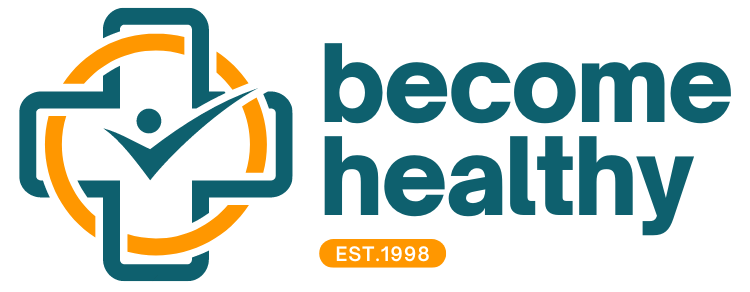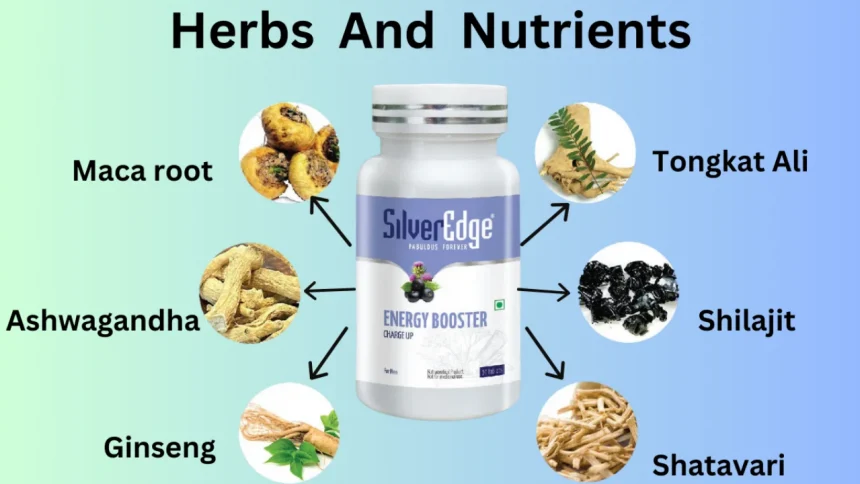Here are some quick energy boosters :
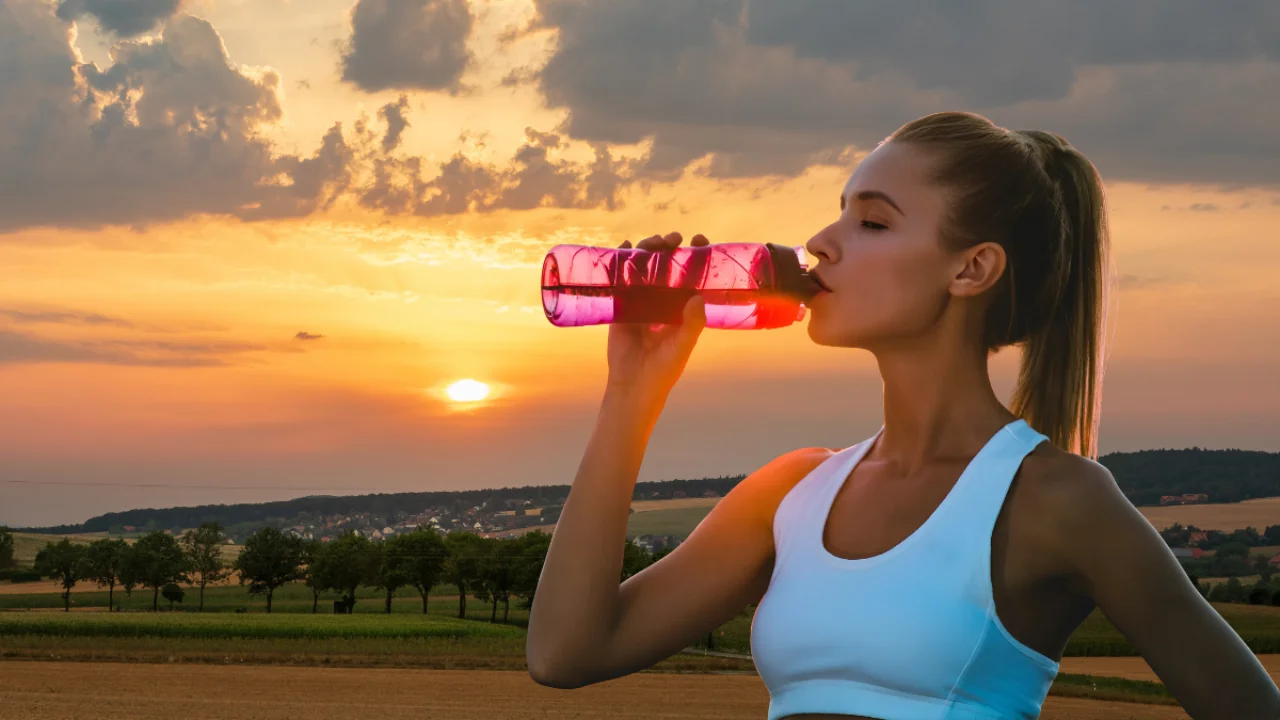
Hydrate
Drink a glass of water. Dehydration can lead to fatigue.
Snack Wisely
Opt for a small snack that combines protein and healthy carbs, like Greek yogurt with fruit or a handful of nuts.
With the growing concerns on snack food influence on general health, government bodies like Health Canada and the US FDA suggest people make a conscious effort to eat healthier, natural snacks like fruit, vegetables, nuts, and cereal grains while avoiding high-calorie, low-nutrient junk food. A healthy snack is high in nutritional value (protein, vitamins, minerals, and fiber) and relatively low in calories, total fat, saturated fat, sugar, and sodium. Increase in nut consumption led manufacturers, such as Blue Diamond Growers and Roll International, experiencing significant growth in their sales, which can be attributed to high nutritional content in the nuts and trail mix recipes. Nuts have more protein, fiber, fat, and nutrients and are considered as a healthy snack. For the period of 2008–13, Mintel’s report recorded 53% growth in better-for-you snacks such as nuts and trail mix. Blue Diamond Growers, Sacramento, California, sells almonds with flavors like wasabi soy, caramel macchiato, and raspberry. Fresh fruits and vegetables also make a very healthy snack. Additionally, crackers made from whole grains are considered healthy. Kashi Original 7 Grain Sea Salt Pita Crisps, from Kellogg, is considered a healthy cracker as it provides 5 g of fiber from the Kashi seven-grain flour and 3 g of fat and 180 mg of sodium.
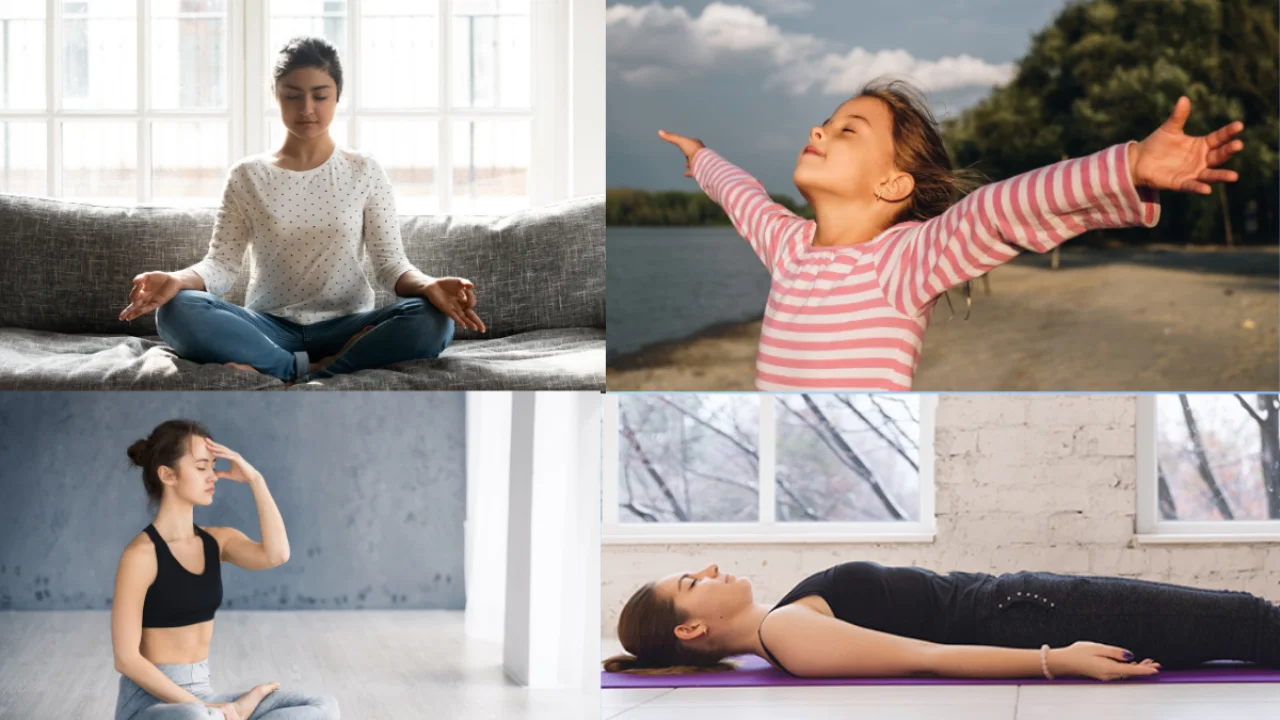
Breathing Exercises
Deep breathing or a few minutes of meditation can clear your mind and boost focus.
Breathing exercises are techniques designed to enhance relaxation, improve lung capacity, and promote overall well-being. They can help reduce stress, increase focus, and improve emotional health. Here are a few key exercises:
Diaphragmatic Breathing:
Inhale deeply through your nose, expanding your belly while keeping your chest still. Exhale slowly through your mouth. This encourages full oxygen exchange.
Box Breathing:
Inhale for 4 counts, hold for 4, exhale for 4, and hold again for 4. This method calms the nervous system and increases concentration.
4-7-8 Breathing:
Inhale for 4 counts, hold for 7, and exhale for 8. This exercise promotes relaxation and helps with sleep.
Alternate Nostril Breathing:
Inhale through one nostril, switch, and exhale through the other. This balances the mind and reduces stress.
Lion’s Breath:
Inhale deeply, then exhale forcefully with a “ha” sound while sticking out your tongue. This energizes and relieves tension.
Pursed Lip Breathing:
Inhale through your nose for 2 counts, then exhale slowly through pursed lips for 4 counts. This helps control breath and promotes relaxation.
Benefits:
- Reduces stress and anxiety
- Enhances focus and mental clarity
- Improves lung function and oxygenation
- Promotes emotional balance
Get Some Sunlight
Step outside for a few minutes. Natural light can help improve your mood and energy.
We’re used to hearing about how too much of the sun’s warm rays can be harmful to your skin. But did you know the right balance can have lots of mood-lifting benefits?
Sunlight and darkness trigger the release of hormones in your brain. Exposure to sunlight is thought to increase the brain’s release of a hormone called serotonin. Serotonin is associated with boosting mood and helping a person feel calm and focused. At night, darker lighting triggers the brain to make another hormone called melatonin. This hormone is responsible for helping you sleep.
Without enough sun exposure, your serotonin levels can dip. Low levels of serotonin are associated with a higher risk of major depression with seasonal pattern (formerly known as seasonal affective disorder or SAD). This is a form of depression triggered by the changing seasons.
A mood boost isn’t the only reason to get increased amounts of sunlight. There are several health benefits associated with catching moderate amounts of rays.
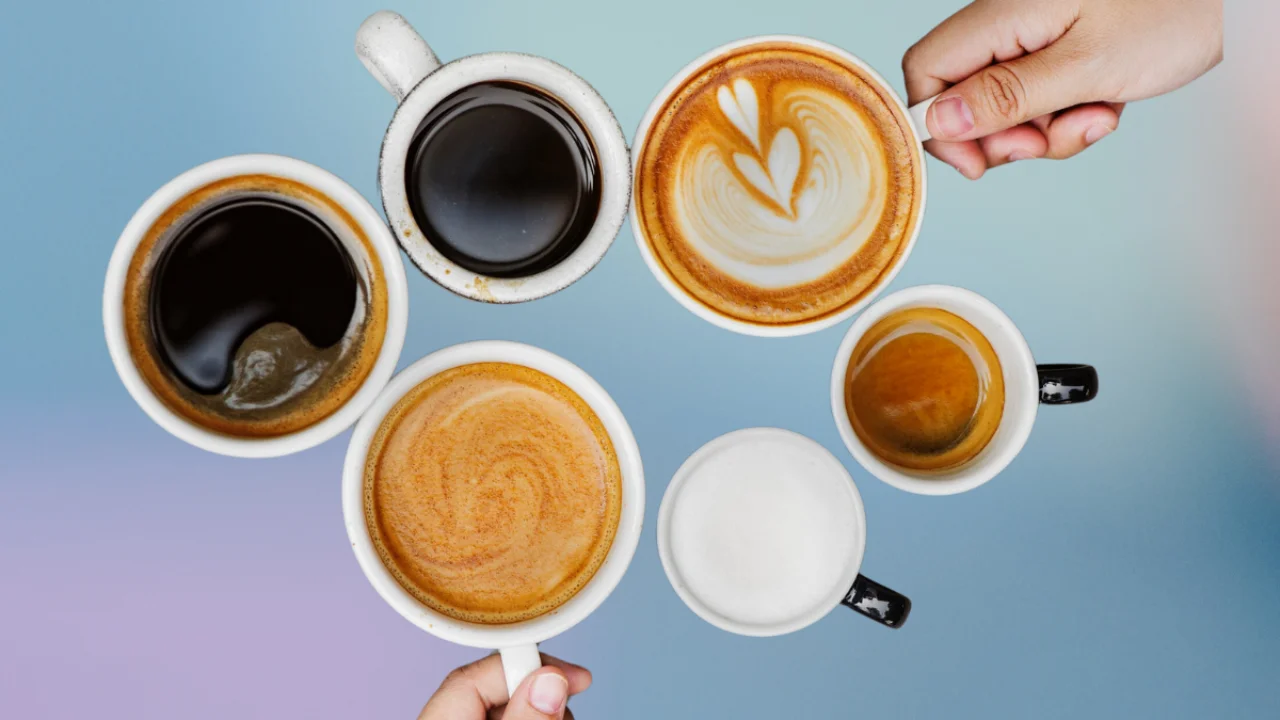
A cup of coffee or tea can provide a quick energy boost, but be mindful of your intake.
When caffeine enters the body, it is rapidly absorbed from the stomach and small intestine into the bloodstream, then travels to the liver, where it converts into compounds that stimulate the central nervous system and other organs, such as nerves and the brain, as well as the spinal cord. Caffeine is chemically related to adenosine, a neurotransmitter that relaxes the brain and causes drowsiness.
Caffeine works by blocking adenosine from binding to its receptor, heightening alertness, reducing fatigue, and increasing attentive performance. Caffeine also increases the release of adrenaline into the bloodstream and neurotransmitters in the brain, such as dopamine and norepinephrine, which aid the circulatory system and help maintain a regular heart rate, blood pressure, quick thinking, and alertness. In addition, it increases serotonin, a neurotransmitter in the central nervous system that makes you feel happy.
Listen to Music
Upbeat music can lift your spirits and energize you.
Music can improve mood, decrease pain and anxiety, and facilitate opportunities for emotional expression. Research suggests that music can benefit our physical and mental health in numerous ways. Music therapy is used by our hospice and palliative care board-certified music therapist to enhance conventional treatment for a variety of illnesses and disease processes – from anxiety, depression and stress, to the management of pain and enhancement of functioning after degenerative neurologic disorders.
Cold Water Splash
A splash of cold water on your face can be refreshing and invigorating.
Using cold water for skin is a simple, natural, and sustainable way to improve your skin’s health and appearance. By stimulating circulation, reducing puffiness, and tightening pores, cold water can help to rejuvenate your skin and give it a healthy glow. By incorporating it into your skincare routine and taking the necessary precautions, you can harness the power of this natural resource for healthier, more radiant skin.
Power Nap
If you have time, a short nap (10-20 minutes) can recharge your batteries.
A nap is a short period of sleep that usually occurs during the day. For many adults, naps can help to maintain alertness or overcome daytime fatigue.
Nap needs and the benefits of napping can vary among individuals. Knowing the facts about napping can help determine whether to take naps, and tips for better naps can enable healthier napping habits.
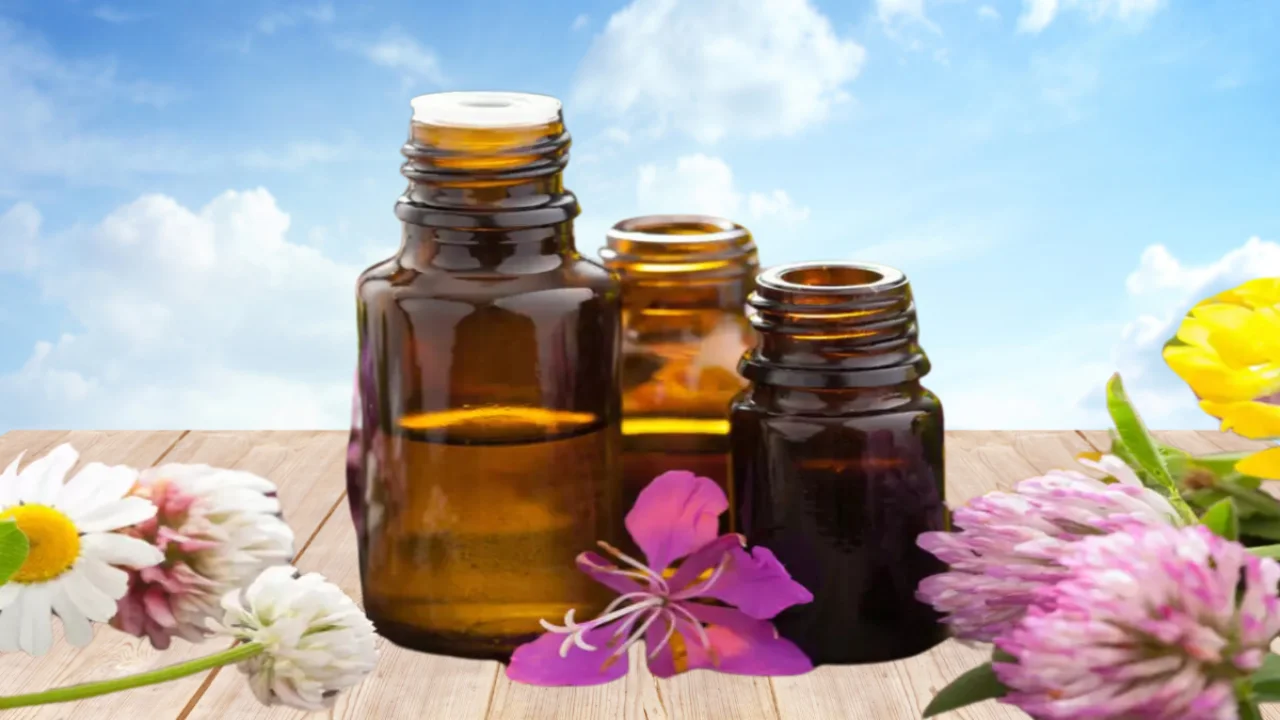
Essential Oils
Scents like peppermint or citrus can be stimulating. A quick inhale can perk you up.
Essential oils can be used in aromatherapy, a kind of complementary medicine that uses smell to improve your health or applied topically to the skin.
Studies have shown that essential oils may help:
- Boost mood.
- Improve job performance through reduced stress and increased attentiveness.
- Improve sleep.
- Kill bacteria, funguses and viruses.
- Reduce anxiety and pain.
- Reduce inflammation.
- Reduce nausea.
- Relieve headaches.
